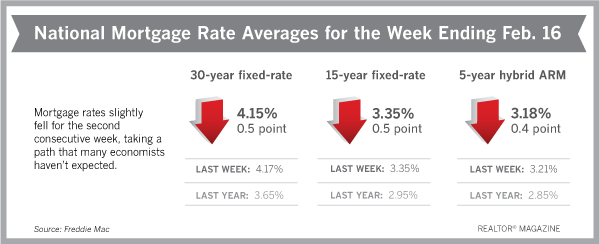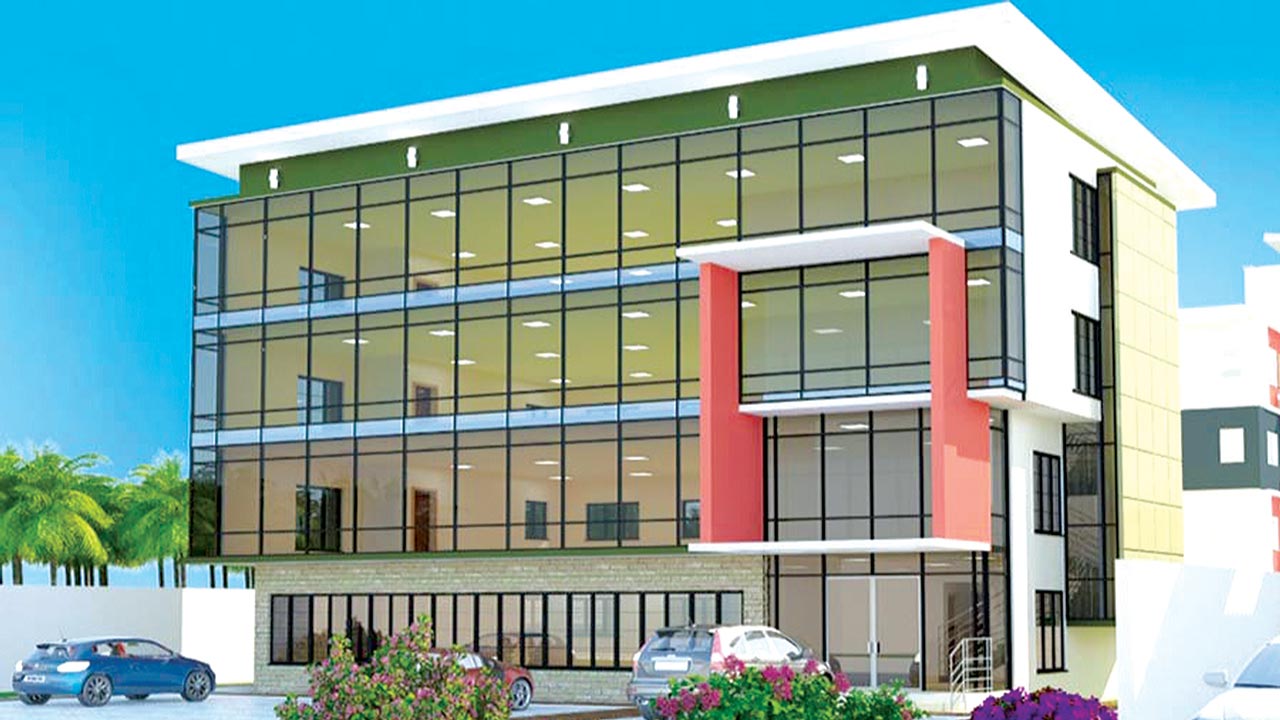
60% Housing Stock In Nigeria Is Imported – Aliyu
— Mar 1, 2017 3:53 am |
Mallam Ibrahim Aliyu is the chairman of Urban Shelter Limited and former managing director of Nigeria Industrial Development Bank now Bank of Industry. In this interview with CHIKA OKEKE Add New, he regretted that 60 per cent of Nigeria’s housing stock was imported saying that over 70 per cent of workers rent houses.
meshed in alleged corrupt practices given their failure to disburse funds to contributors. Don’t you think it should be scrapped while federal government recapitalises the Federal Mortgage Bank of Nigeria (FMBN)?
PMI’s do their jobs the best way they can in very difficult circumstances. You can only disburse such money as you are able to obtain through deposits. As a financial intermediary, they are in competition with other organisations that render the same type of services.
They compete with the banks, other investment agencies including the Nigeria Stock Exchange(NSE), so they must be able to give depositors a better rate they can get elsewhere. The implication of this is that they have limited funds. Their lending rate is higher, so there are few people who want to borrow. The rate is high because inflation is high. I have just seen it at 16.5 per cent. The implication is that if you take somebody’s money and lend it to someone to buy a house, the value of the money will decrease 16.5 per cent by next year. There isn’t enough money for people to lend for the purpose of mortgage. That is why the private mortgage banks don’t seem to be doing well. This is because, the macro economic situation in the country is not right. The FMBN is doing a good job as they can in this circumstances, many of their processes are too bureaucratic and there is a need for them to look at it.
That federal government should recapitalise them is very good but I think they should be turned into a competing Mortgage Refinance Corporation. They should not be doing retail mortgage, this should be left with PMIs. That means that there will be two organisations into mortgage refinancing like NMRC and FMBN.
States should also be encouraged to set up their own PMIs. Lagos has done this and Ogun. Both are success stories.
What practical ways do you think the federal government through the ministry of power, works and housing can facilitate access to affordable housing?
Having listened to the minister for power, works and housing, Babatunde Raji Fashola, I believe that he’s into probable solution and by the time he rolls out what he intends to achieve, he will have a better success than most people that have had interventions in housing. He is not saying that he has N200 billion to invest in housing but he’s relying on few policy position on both the demand and supply side by ensuring that the private and public sectors in the housing industry produce houses.
For instance, he is trying to standardise design and ensure that the doors and windows in these designs are the same. The implication of this is that it’s possible to work with suppliers who can produce all the items to build cheap houses in this country.
Currently, about 60 per cent of the materials used in typical house you enter in Nigeria is imported and only 40 per cent is locally sourced. His wonderful initiative will probably create a situation where some 75 per cent of it is Nigerian and not more than 20 to 25 per cent is imported. It should be a standard design where you will use either clay bricks or blocks to make it Nigerian.
Doors, roofing and building materials will be totally Nigerian. When you get that, the houses should be cheaper. So the solution to the supply side is standardisation as Fashola is trying to do by making sure that most of the materials are locally made which will lead to a reduction in cost of houses so that many people can afford it.
The other issue is the demand side which involves the people that will build the houses. For instance, if you have a two bedroom house and one toilet in about N3 to N4 million, many people can afford it. It is possible for him to start with just the workers because there are over 1.2 million civil servants. They are ready markets. All that the minister needs to do is to get a number of reliable developers and tell them to build between 1000 to 2000 houses. He doesn’t have to pay for it. When they build, he should be able to give them 1000 civil servants who will buy.
He can then get the NLC who have influence over workers to key into the programme. Once the workers have keyed into the programme, it’s possible to package the mortgages you will create and sell all of them to the Nigerian Mortgage Refinancing Corporation.
I am impressed with the minister’s view on the matter because he is tring to involve individuals and private sector to achieve the objectives of government and not the government doing it alone.
For instance in telecommunication, Obasanjo said he will not invest in the sector and all he did was to sell frequencies. Today, we have over 90 million lines. The way Fashola will go about it, if it’s a typical Nigerian house, you can get 2-bedroom for less than N4 million. 80 per cent of it is value added in Nigeria. If most workers can key into it, I think there is a possibility that it will work and we may be on the verge of a housing revolution.
A good number of housing initiatives are targeted at rent-to-own. Can it help reduce the outrageous housing deficit?
Absolutely, if you look up the statistics, you will find that not more than 15 to 30 per cent of Nigerians own their houses.
Close to 70 per cent or more workers in this country rent houses. There is a big market for just renting an accommodation or rent-to-own. The critical thing is to start with producing cheap houses that people can afford.
Experts are seeking that NHF contribution should be increased from 2.5 per cent to 15 per cent to enhance its visibility and improve homeownership among workers. What is your reaction to this?
The government should tax people only when necessary. A contribution whether for housing, Nigeria Social Insurance Trust Fund (NSITF) or education is still a tax because it comes out from income of individuals. Government should take people’s income only when it can make a better or more optimal use of it for the individual concerned.
I think it will be best to get more workers to sign unto the scheme than to increase the amount of taxation for NHF. I do not think currently that more than 20 per cent of those who should be paying actually pay.
The best way is to try to find ways of encouraging people to meet the current level of contribution. There is no need to increase the contribution.
What is your reaction to moves by the senate to repeal the Land Use Act through constitution amendment which has obstructed access to land acquisition over the past decade?
It’s all about eliminating bureaucracy and it doesn’t matter who owns the land. The current land law says that a land is owned by the government and it gives individuals the right to use the land by a way of lease in a given period of time. Ordinarily, it should facilitate things to move faster. Whether a land is privately owned or not, when you buy it, there has to be some witness to agree that the ownership of that land has passed from the State to the individual.
You still have an authority that will sanction what you want to build on the land to ensure that it’s not harmful to others. The government still has these roles but what is critical is to ensure that we put in place a process that expedite decisions and the bureaucracy is not all consuming and obstructive as it is today when you want to develop a piece of land.
comments powered by
[ad_2]
link




